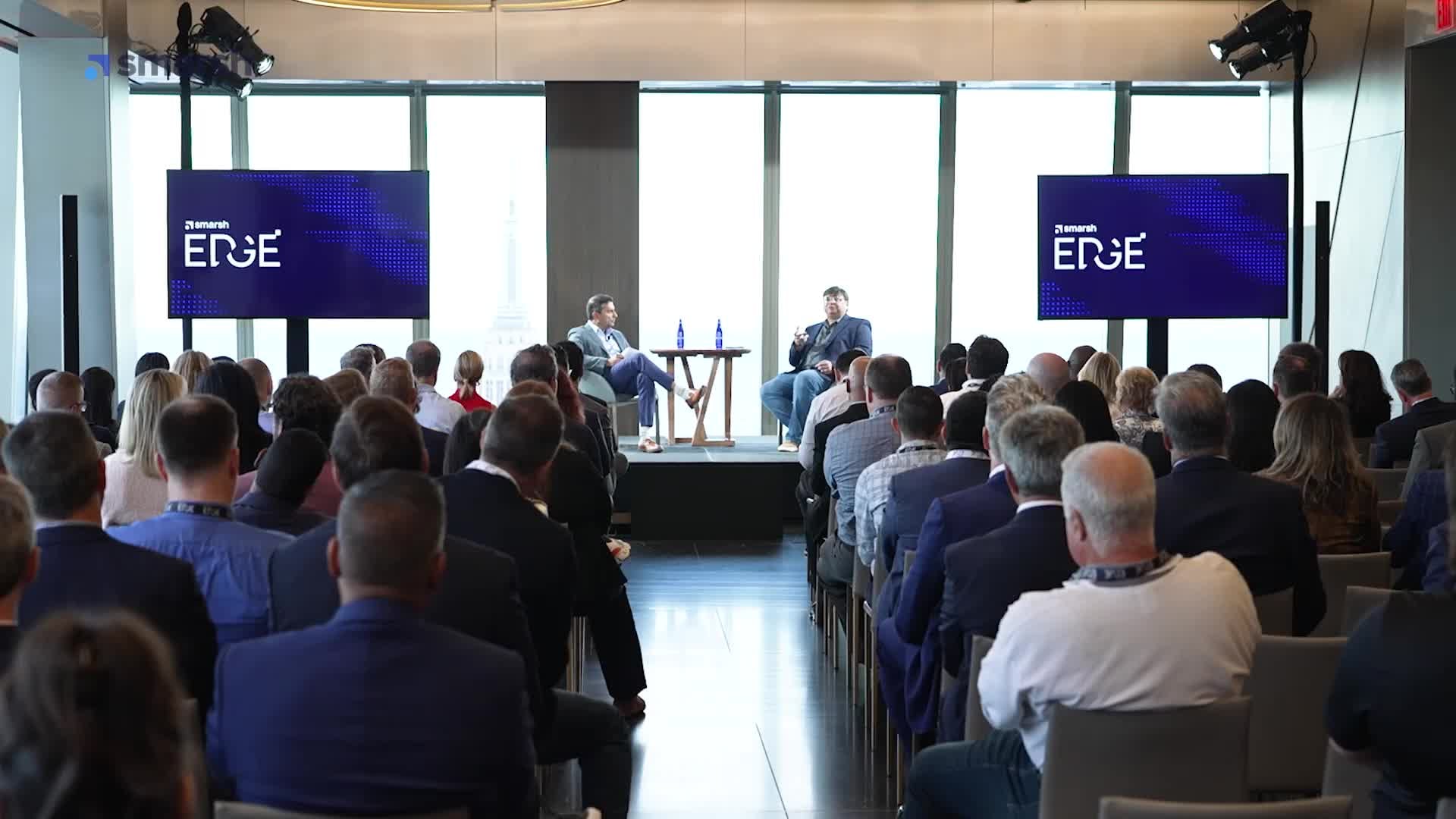*By Tanaya Macheel* For startups like Betterment, the latest fintech company to bundle banking and investing, high-interest savings accounts have proven to be a successful customer acquisition play as they look to expand beyond their initial single-product offering. The online wealth advisor has launched a savings account with a splashy 2.69 percent annual percentage yield, the highest in the market to date. The average APY at the top four U.S. banks ranges from 0.01 percent to 0.06 percent. Betterment CEO Jon Stein says it's more than a promotion. "Unlike a bank account where the bank sets a maybe arbitrary rate, where it can make the most money off of its customers and then lend that money out, we're acting as our customers' advisor," he told Cheddar in an interview Tuesday. "We're going out and finding banks in the market that can pay the highest rates on FDIC-insured deposits and bringing those rates to our customers." It's similar to the company's existing value proposition with ETFs, or exchange-traded funds, he said. "If we find a better one we go and change it and get a better ETF for you. For the first time we're bringing that kind of advisory relationship to the savings world." The company also opened the waitlist for a new fee-free FDIC-insured checking account that will come with a debit card. While customers may be charged fees by the ATM provider itself, Stein said Betterment will reimburse them all, including ATM fees in foreign countries. As with any bank institution, Betterment will make money on interchange fees, which banks charge merchants when customers use their cards to make purchases. Betterment joins companies like Wealthfront, Stash, and Acorns, all of which have added cash management capabilities to their investing offerings. Stash and Acorns also offer debit cards and a subscription-based model. Stein said that the launch of the two accounts comes as a response to feedback of existing customers, but that it wouldn't be a successful launch if it didn't draw in new or new types of customers. Ultimately, when every successful fintech brand has rebundled into a one-stop-shop for financial services, the differentiation will be on customer segment. "They'll be optimized very differently because the customers have different economic realities and abilities," Betterment chief technology officer Mike Reust told Cheddar by phone. "You might not just see these giants that try to service everyone in the world with a giant product shelf. You'll see different target customers result in different-looking bundled financial services."












